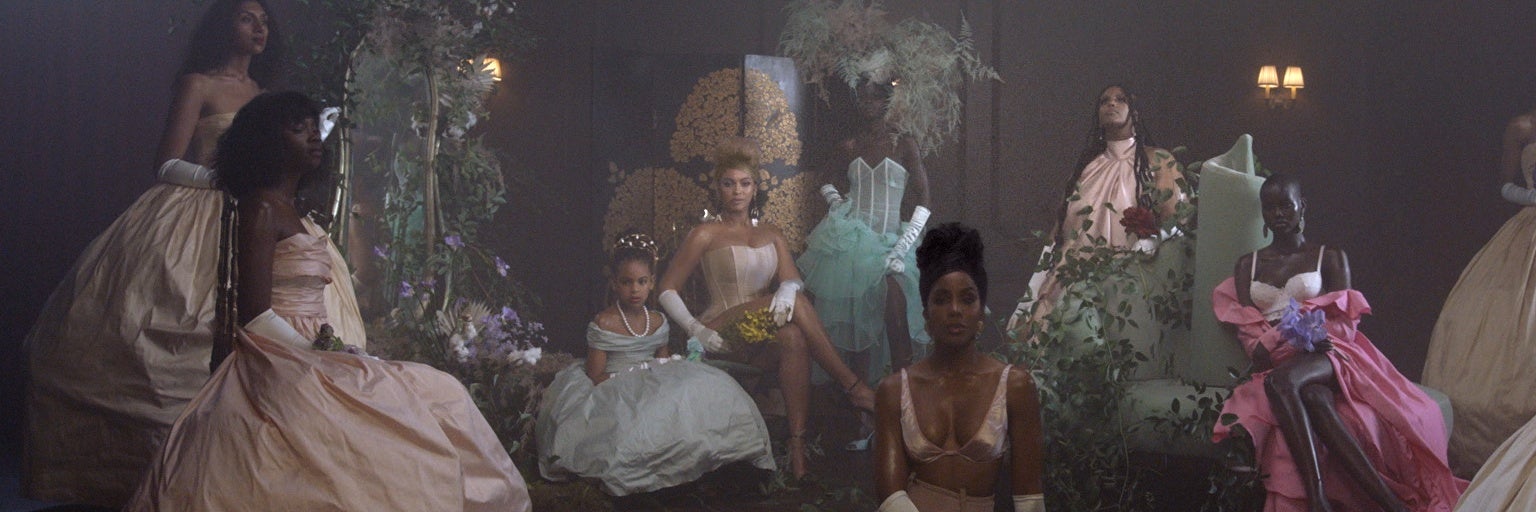Since it first dropped last year, Beyoncé’s ode to melanated skin, “Brown Skin Girl,” became a much-needed narrative shift; a course correction to what many Black women already knew: that we’re beautiful. Now, the queen has dropped the official music video for her musical collaboration with Saint JHN and Wizkid.
If you’ve seen Black Is King, Beyoncé’s visual album based on the 2019 soundtrack she executive produced, The Lion King: The Gift, then you’ve seen the music video directed by Jenn Nkiru. The Nigerian-British director told ESSENCE earlier this month that the music video was an extension of how she viewed Black people and how she viewed herself.
“I just think Brown skin, Black skin, dark skin, is so beautiful. I just see the divinity in it. It’s gorgeous,” she explained. “This was meant to be an affirmation of that. That’s the intent of it, to be an affirmation.”
“It was so important to me to represent all different shades of brown,” Beyoncé said about the music video on Good Morning America Monday. “And I wanted every character to be shot in a regal light.
Not only does the video feature Bey’s daughter, Blue Ivy, who introduces the track with her tender voice, but also her youngest daughter, Rumi, her mother Tina Knowles-Lawson and her best friend and former Destiny’s Child bandmate, Kelly Rowland in a scene sure to bring a tear to your eye. The music video for the Afrobeats-infused R&B song also features A-listers, including Oscar winner Lupita Nyong’o, former ESSENCE cover star Naomi Campbell along with models Adut Akech and Aweng Chuol.
“Brown Skin Girl” not only spawned a whole challenge in its honor, it also became the most streamed song by a woman last year in the Sub-Saharan Africa, according to Apple Music.
The music video was also lauded by music lovers for its inclusivity, including Black women who are albino and darker women from South Asia, noting that the affects of colorism aren’t unique to the Black community.
Nkuri told ESSENCE it was important for her to focus on “gaps” when it came to Black womanhood.
“My focus is always, how do we get to represent people in a human way, in a full way? These are women,” she said, “irrespective of even complexion for a moment, these are women.”
